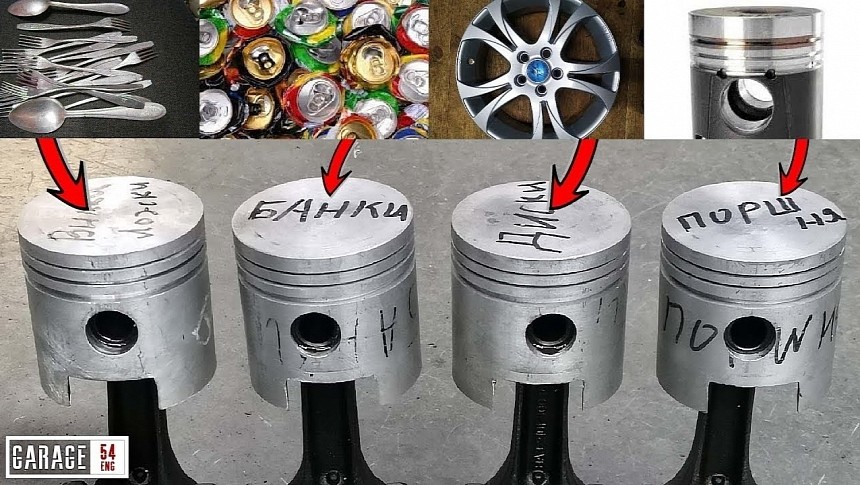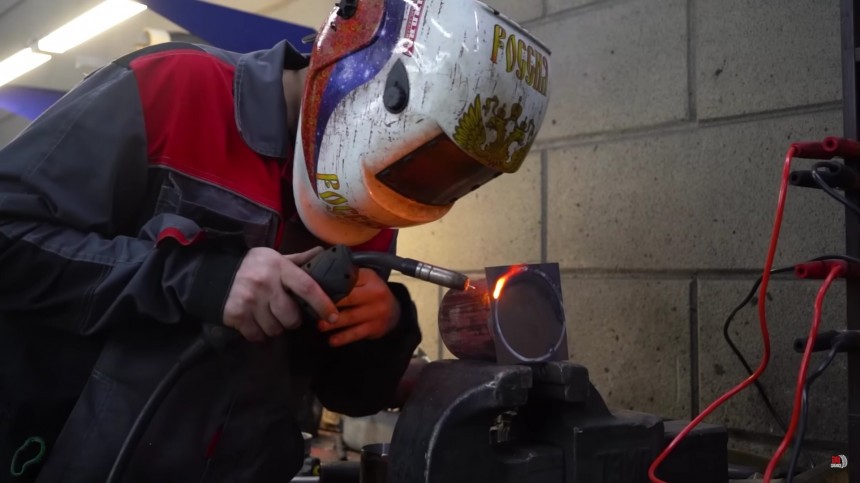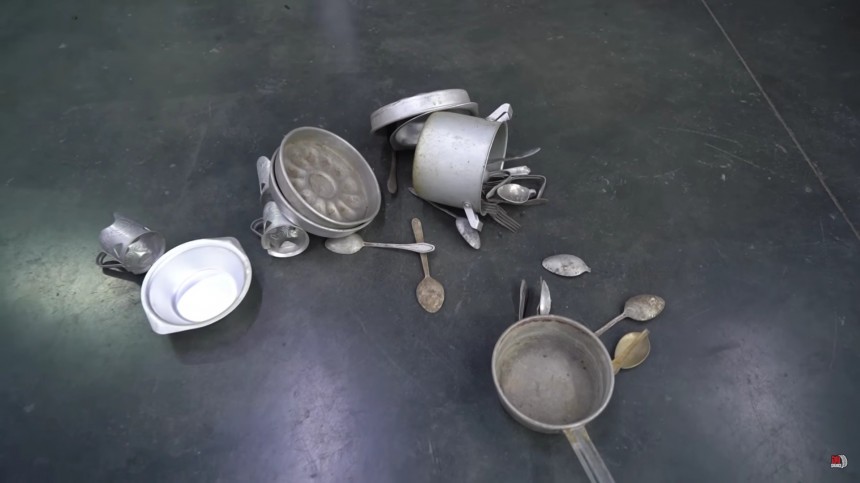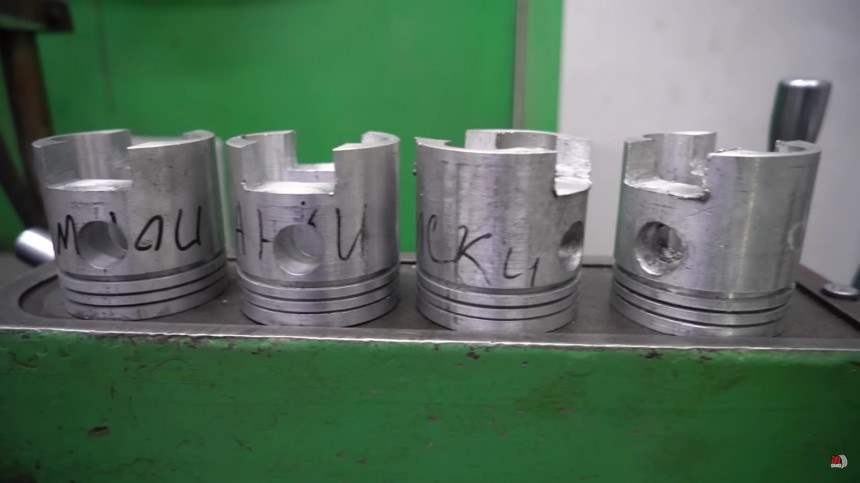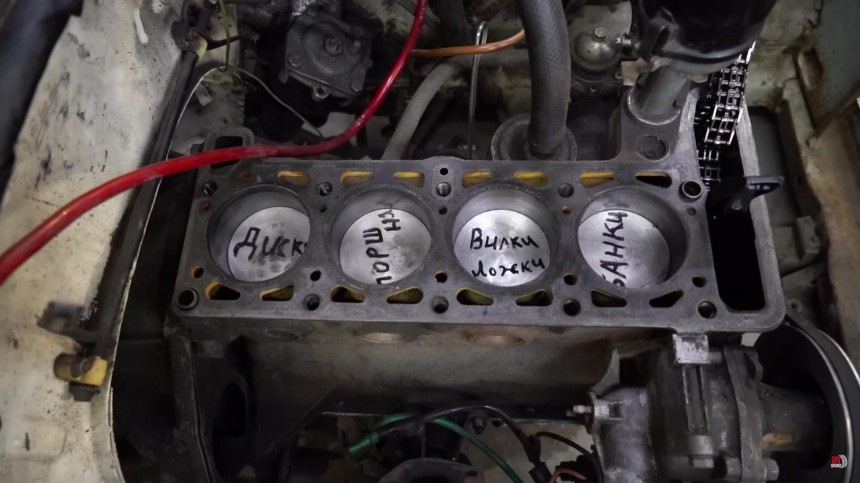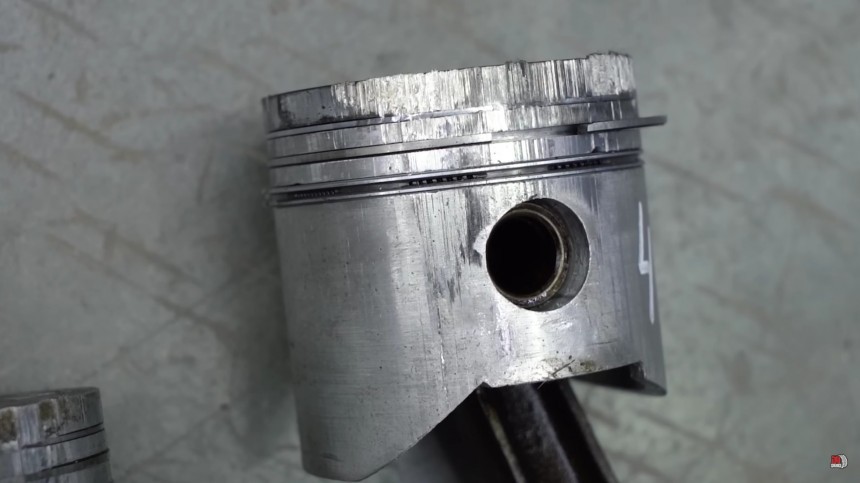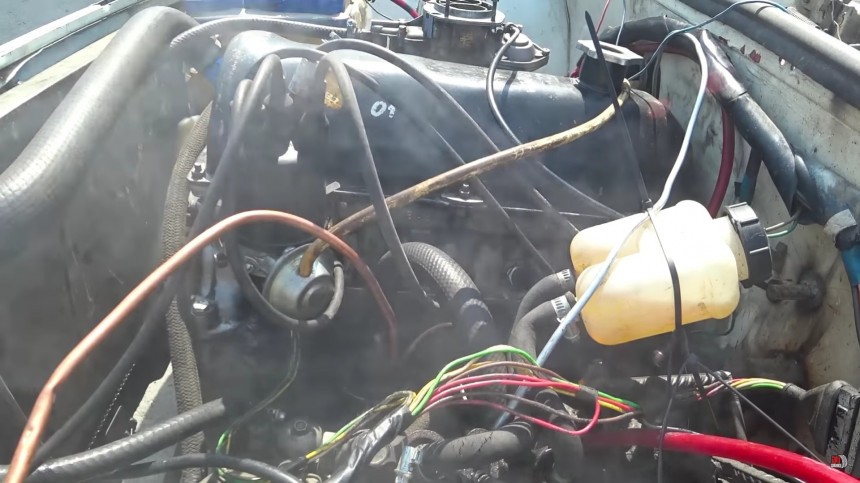The Do-It-Yourself trend has become progressively popular since the expansion of the internet has made information easily accessible far and wide. But, while YouTube Academy has the largest attendance in the history of education, only some things circulating on the popular video-sharing platform are straightforward and valuable.
The internet has allowed humanity to unlock the most outstanding achievement in the million-year-long evolution of Homo Sapiens: spreading knowledge instantly and indiscriminately to billions of curious minds. But having the key to the gate of the data universe and being wise are very different things.
That’s why it still takes countless trial-and-errors before we can elevate a new process to a level that will bring progress. That’s why cars still require engineers to conceive, design, build, test, fix, and produce – because it’s a very intricate endeavor.
Imagine what it would be if we had to revert to making our parts when the family car decides to take some “mechanical off” days. Even with the almighty internet at our side, we still need many resources, tools, space, time, and, most crucially, skills to get the job done.
Don’t believe me? Play the video and see for yourself – it shows an attempt to cast the pistons for a crude inline-four engine. Basic metallurgy (if we can call this marvelous science ‘basic’) says that using aluminum for this smelting experiment would be the least complicated option.
After all, it’s intuitive to go to the same material all carmakers rely on for their pistons. And that’s precisely the thought process of the mastermind from Garage 54, the Russian gang of vlogging mechanics that like to play with all things automobile.
The inventive minds from Siberia (Novosibirsk, to be geographically accurate – since Russia takes up one-fifth of the planet) made a video on how they cast their pistons for an old Lada engine. To make things more scientifically interesting, they supplied the raw material – aluminum – from four separate and handy sources.
An old piston (this makes the most sense since it has the correct chemical composition to fit its purpose), a silverware set, some old cans, and an automobile wheel. I don’t know how many gearheads have the means, capacity, audacity, time, energy, and patience to take on this process. But the Russians make it seem like child’s play (which it is, after all).
After melting the four aluminum samples and letting the ingots cool down, the machining looks like a piece of cake. Out of curiosity, how many readers have an industrial-sized, heavy-duty lathe handy? That’s not a legitimate question in Russia, a country of unlimited resources (as long as you have the right connections).
Long story short, the Garage 54 gang has completed the task of fabricating four Soviet-designed pistons for their experiment. I use the political term of reference strictly from a visual perspective: the four parts aren’t going to win any craftsmanship awards any time soon.
But, like most things in Russia, if it gets the job done, it’s perfect (regardless of collateral costs of side effects), so the engine is put back together with the homemade bangers inside. And – wouldn’t you know it? – it works. The car runs AND drives. Briefly and increasingly more troublesome, but that’s not the point.
This is where it becomes obvious why the famous saying ‘Stay in school!’ had a deeper meaning than the three compounding words. While we can find an enormous volume of information regarding fabricating said pistons, gaining the vital know-how to actually make them is nearly impossible by just watching video uploads.
The Siberians used aluminum; the immediate disadvantage of this workhorse metal of carmaking is that it has very low thermal inertia. It heats up fast – making it ideal for pots and pans, among other things – and cools down just as quickly.
But physics teaches us that objects usually tend to dilate when their temperature increases and contract when they get colder. The same principles apply to combustion engines – the temperatures generated inside the cylinders subject the pistons – and all other components – to tremendous thermal stress.
Hence, the Russian DIY pistons expand when the engine runs for a sufficient period (which, as you can see in the video, isn’t very long) and get jammed inside the block due to their enlarged diameters. Another property of ordinary aluminum is its softness – which only increases with temperature (again, something all things that get hot does).
With virtually zero tolerance between the piston and the cylinder jacket and softened by internal combustion, the die-cast aluminum pots eventually get stuck, killing the engine. After a series of cool-downs and restarts, the makeshift parts start eating themselves to shreds.
It might not look like it, but the test vehicle is a Russian marvel of automotive engineering that can withstand unlimited abuse – as we can see on the vloggers’ channel. They used the Lada for so many educational experiments that it’s a miracle the car is still usable.
Failure is success’ twin cousin – or so goes a famous uncredited saying I once read on the internet – and that’s something the Russians have an appetite for. After several engine stalls caused by five-minute metallurgy, the engine gives up on dear life for good.
There's a universal sign of this behavior on all things mechanical - they need smoke to run. The moment that smoke escapes the assembly, it's all over. The pistons ate their compression rings, and the pins’ play is measurable with a seismograph (an earthquake-magnitude assessment instrument).
That might be one reason carmakers use forged aluminum or other metals – like steel – for the heavy-working parts. Unless they decide that a high-performance 8.0-liter V10 sportscar can only do best with creampuff cast-aluminum pistons (remember the 2001 Viper GTS from Dodge).
And that’s what education provides – the key to understanding, learning, and mastering a complex industrial process that results in tire-burning fun and record track times. Or utter failure, depending on how much attention one paid in school to that boring physics-chemistry-mathematics-engineering classes. Alas, since we’ve made it to the end of this text, let’s give grammar and literature a round of applause, too.
That’s why it still takes countless trial-and-errors before we can elevate a new process to a level that will bring progress. That’s why cars still require engineers to conceive, design, build, test, fix, and produce – because it’s a very intricate endeavor.
Imagine what it would be if we had to revert to making our parts when the family car decides to take some “mechanical off” days. Even with the almighty internet at our side, we still need many resources, tools, space, time, and, most crucially, skills to get the job done.
After all, it’s intuitive to go to the same material all carmakers rely on for their pistons. And that’s precisely the thought process of the mastermind from Garage 54, the Russian gang of vlogging mechanics that like to play with all things automobile.
The inventive minds from Siberia (Novosibirsk, to be geographically accurate – since Russia takes up one-fifth of the planet) made a video on how they cast their pistons for an old Lada engine. To make things more scientifically interesting, they supplied the raw material – aluminum – from four separate and handy sources.
After melting the four aluminum samples and letting the ingots cool down, the machining looks like a piece of cake. Out of curiosity, how many readers have an industrial-sized, heavy-duty lathe handy? That’s not a legitimate question in Russia, a country of unlimited resources (as long as you have the right connections).
Long story short, the Garage 54 gang has completed the task of fabricating four Soviet-designed pistons for their experiment. I use the political term of reference strictly from a visual perspective: the four parts aren’t going to win any craftsmanship awards any time soon.
This is where it becomes obvious why the famous saying ‘Stay in school!’ had a deeper meaning than the three compounding words. While we can find an enormous volume of information regarding fabricating said pistons, gaining the vital know-how to actually make them is nearly impossible by just watching video uploads.
The Siberians used aluminum; the immediate disadvantage of this workhorse metal of carmaking is that it has very low thermal inertia. It heats up fast – making it ideal for pots and pans, among other things – and cools down just as quickly.
Hence, the Russian DIY pistons expand when the engine runs for a sufficient period (which, as you can see in the video, isn’t very long) and get jammed inside the block due to their enlarged diameters. Another property of ordinary aluminum is its softness – which only increases with temperature (again, something all things that get hot does).
With virtually zero tolerance between the piston and the cylinder jacket and softened by internal combustion, the die-cast aluminum pots eventually get stuck, killing the engine. After a series of cool-downs and restarts, the makeshift parts start eating themselves to shreds.
Failure is success’ twin cousin – or so goes a famous uncredited saying I once read on the internet – and that’s something the Russians have an appetite for. After several engine stalls caused by five-minute metallurgy, the engine gives up on dear life for good.
There's a universal sign of this behavior on all things mechanical - they need smoke to run. The moment that smoke escapes the assembly, it's all over. The pistons ate their compression rings, and the pins’ play is measurable with a seismograph (an earthquake-magnitude assessment instrument).
And that’s what education provides – the key to understanding, learning, and mastering a complex industrial process that results in tire-burning fun and record track times. Or utter failure, depending on how much attention one paid in school to that boring physics-chemistry-mathematics-engineering classes. Alas, since we’ve made it to the end of this text, let’s give grammar and literature a round of applause, too.
